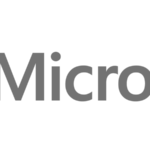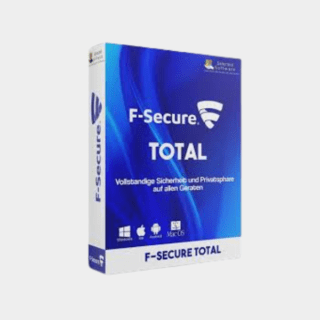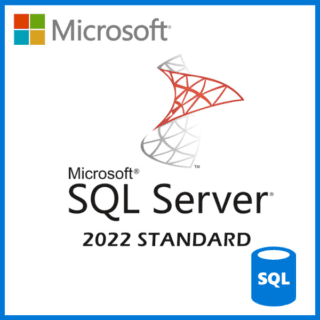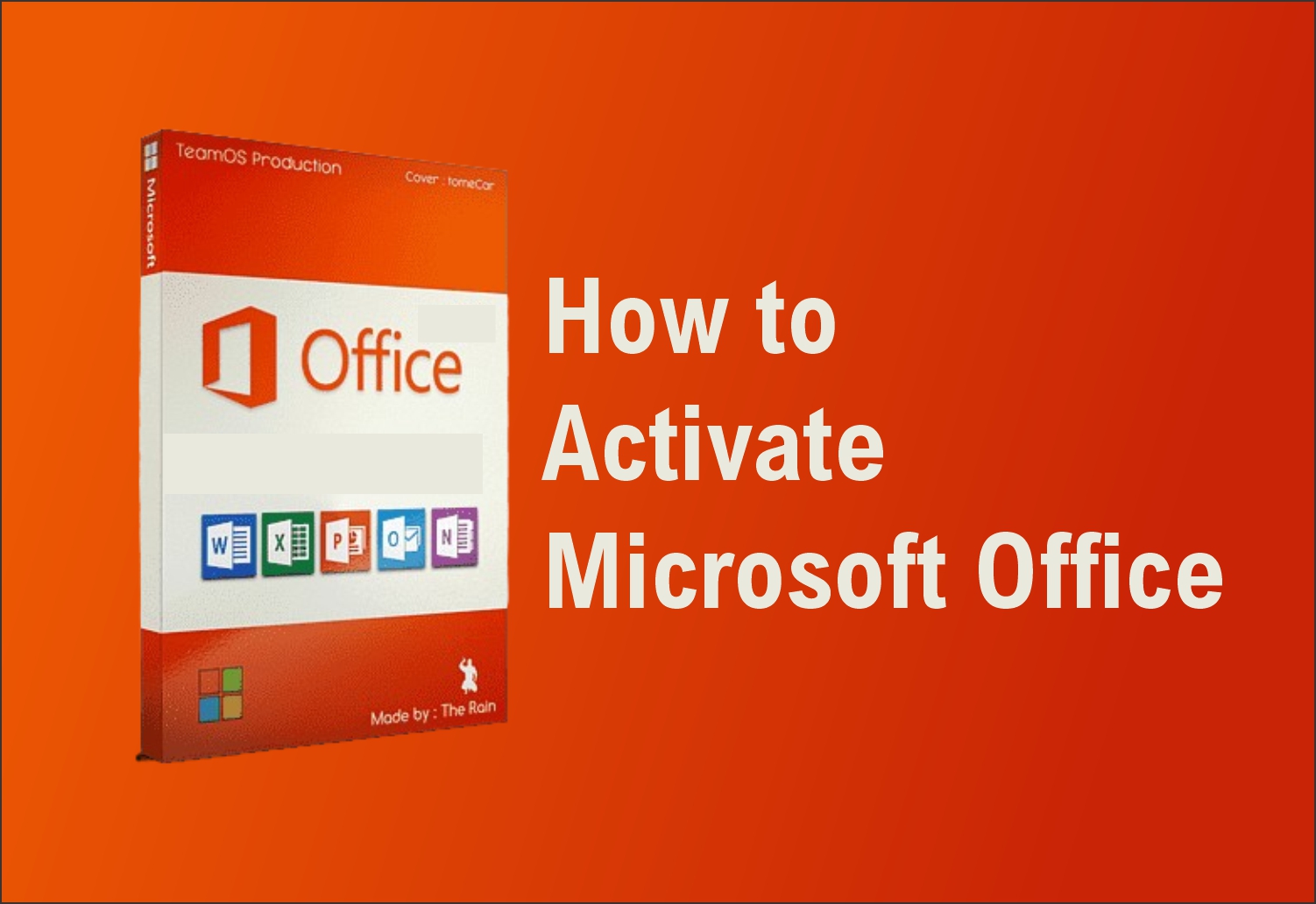Category
Top rated products
-
 Youtube Course 6-Figure Youtube Marketing & SEO Secrets
Rated 0 out of 5
Youtube Course 6-Figure Youtube Marketing & SEO Secrets
Rated 0 out of 5₦13,000Original price was: ₦13,000.₦5,000Current price is: ₦5,000. -
 F-Secure TOTAL
Rated 0 out of 5₦7,500 – ₦9,000
F-Secure TOTAL
Rated 0 out of 5₦7,500 – ₦9,000 -
 Microsoft Visual Studio Enterprise 2017
Rated 0 out of 5
Microsoft Visual Studio Enterprise 2017
Rated 0 out of 5₦75,000Original price was: ₦75,000.₦47,000Current price is: ₦47,000. -
 SQL Server 2022 Standard
Rated 0 out of 5₦16,000 – ₦55,000
SQL Server 2022 Standard
Rated 0 out of 5₦16,000 – ₦55,000 -
 WEDDING PLANNING GUIDES (You don't need to hire an event planner)
Rated 0 out of 5
WEDDING PLANNING GUIDES (You don't need to hire an event planner)
Rated 0 out of 5₦25,000Original price was: ₦25,000.₦10,000Current price is: ₦10,000.
This article describes How to sell a Website online as a digital product.

Selling a website online as a digital product can be a lucrative endeavor if approached strategically. Here’s a comprehensive guide on how to sell a website effectively:
1. Evaluate Your Website: Before listing your website for sale, conduct a thorough evaluation to determine its value. Assess factors such as traffic volume, revenue generation, domain authority, content quality, design appeal, and niche relevance. Utilize website valuation tools or consult with professionals to get an accurate estimation of your website’s worth.
2. Prepare Documentation: Compile all relevant documentation related to your website, including traffic analytics, revenue reports, expense records, domain registration details, hosting information, and any existing agreements with advertisers or affiliates. Transparency and detailed documentation can instill confidence in potential buyers and facilitate a smoother transaction process.
3. Enhance Website Assets: Prior to listing your website for sale, invest time and resources into enhancing its assets to maximize its value. Optimize website design, user experience, and content quality to make it more attractive to potential buyers. Address any technical issues, improve loading speed, and ensure compatibility across devices and browsers.
4. Choose a Platform: Select a suitable platform or marketplace to list your website for sale as a digital product. Popular options include Flippa, Empire Flippers, WebsiteBroker, and Sedo. Research each platform’s fee structure, audience reach, and success rates to determine the best fit for your needs. Alternatively, you can also consider reaching out to potential buyers directly through forums, social media groups, or industry networks.
5. Create a Compelling Listing: Craft a compelling listing that highlights the unique selling points and potential of your website. Include detailed descriptions of its niche, target audience, monetization strategies, traffic sources, revenue streams, and growth opportunities. Showcase key metrics and performance indicators to demonstrate its value proposition to prospective buyers.
6. Set an Appropriate Price: Determine an appropriate asking price for your website based on its market value as a digital product, revenue potential, growth trajectory, and industry benchmarks. Consider factors such as domain age, brand recognition, SEO rankings, and future scalability when setting the price. Be open to negotiation but avoid undervaluing your website.
7. Promote Your Listing: Promote your website listing as a digital product across various channels to attract potential buyers and generate interest. Utilize social media platforms, online forums, industry newsletters, and email marketing campaigns to reach a wider audience. Leverage your existing network and connections within the digital marketing community to solicit referrals and recommendations.
8. Engage with Prospective Buyers: Respond promptly to inquiries from prospective buyers and engage in open communication to address their questions and concerns. Provide additional information, clarifications, and insights to help them make an informed decision. Schedule virtual meetings or site tours to showcase the website’s features and potential firsthand.
9. Negotiate Terms and Close the Deal: Once you receive offers from interested buyers, negotiate terms and conditions that are mutually beneficial for both parties. Discuss payment methods, transfer procedures, post-sale support, and any contingencies or warranties. Formalize the transaction through a legally binding agreement or contract to protect your interests and ensure a smooth transition of ownership.
10. Complete the Transfer Process: After reaching a consensus with the buyer, initiate the transfer process to transfer ownership of the website, domain, and associated assets. Coordinate with your domain registrar and hosting provider to facilitate the transfer seamlessly. Provide comprehensive documentation, login credentials, and access rights to the buyer to enable them to take full control of the website.
By following these steps and leveraging effective marketing strategies, you can successfully sell your website online as a digital product and capitalize on its value in the digital product marketplace.
To obtain software and courses that could enhance your digital skills, visit techlover.com.ng
Or visit any of our online stores,
Related Posts:
 12 DIGITAL MARKETING TECHNIQUES
12 DIGITAL MARKETING TECHNIQUES
 10 Transformative Benefits of Video Courses for Aspiring Tech Enthusiasts
10 Transformative Benefits of Video Courses for Aspiring Tech Enthusiasts
 Unlocking the Profit Potential of Copywriting in 2024
Unlocking the Profit Potential of Copywriting in 2024
 Mastering the Art of Working as a Virtual Assistant from Home
Mastering the Art of Working as a Virtual Assistant from Home
 The Crucial Role of Avast Ultimate Antivirus on Your PC
The Crucial Role of Avast Ultimate Antivirus on Your PC
 Difference Between Microsoft 365 and Office 2021
Difference Between Microsoft 365 and Office 2021
 3 MICROSOFT PRODUCTS YOU SHOULD CONSIDER BUYING IN 2024
3 MICROSOFT PRODUCTS YOU SHOULD CONSIDER BUYING IN 2024
 ANTIVIRUS LICENSE VARIATIONS
ANTIVIRUS LICENSE VARIATIONS
 How Panda Dome Solutions Can Protect Your Company
How Panda Dome Solutions Can Protect Your Company
 12 DIGITAL PRODUCT IDEAS THAT WILL MAKE YOU MONEY IN 2024
12 DIGITAL PRODUCT IDEAS THAT WILL MAKE YOU MONEY IN 2024
 How to Make Money by Selling Stock Photos and Videos
How to Make Money by Selling Stock Photos and Videos
 The Innovative World of Microsoft Products: Empowering Users and Enhancing Productivity
The Innovative World of Microsoft Products: Empowering Users and Enhancing Productivity
 Unleashing the Power of Cybersecurity: Exploring McAfee’s Cutting-Edge Products
Unleashing the Power of Cybersecurity: Exploring McAfee’s Cutting-Edge Products
 Avast’s Comprehensive Mobile Security Solutions for Android Devices
Avast’s Comprehensive Mobile Security Solutions for Android Devices
 Insights into the Latest Threats and Trends
Insights into the Latest Threats and Trends




















Leave a Reply